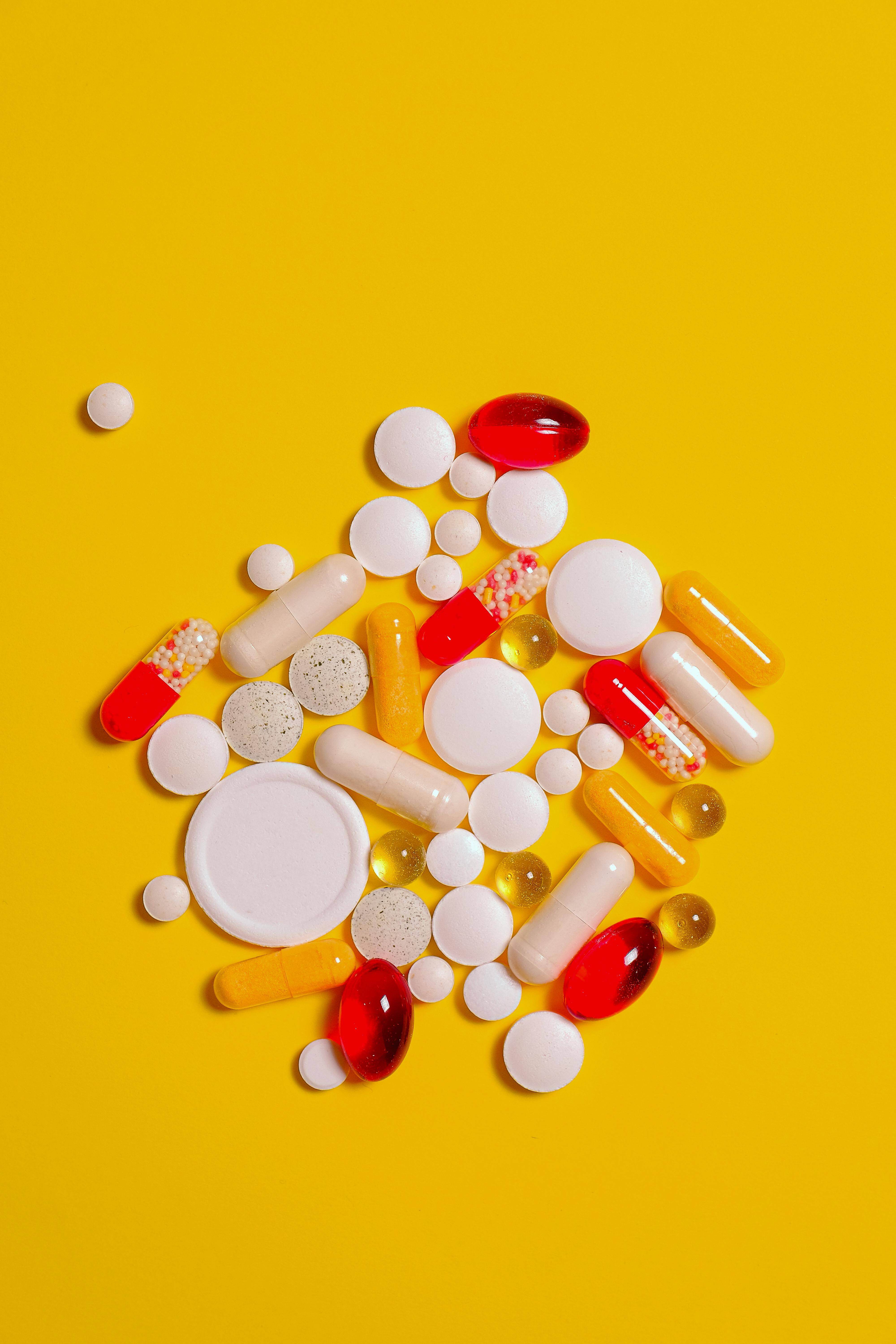
The Gut-Brain Connection Explained
The gut-brain axis is a two-way communication system linking your gut and brain through nerves, hormones, and even gut bacteria. Think of it like a phone line: your gut sends messages to your brain, and your brain responds in return. This connection explains why stress can upset your stomach or why gut problems can make you feel anxious.
Research shows that your gut microbiota—the trillions of bacteria in your digestive tract—play a key role in this communication. These bacteria produce chemicals like serotonin (often called the 'happy hormone') that influence mood and mental health.
Signs Your Gut Is Affecting Your Mood
- Frequent digestive issues like bloating, constipation, or diarrhea.
- Increased feelings of stress or anxiety without a clear cause.
- Brain fog or trouble concentrating.
- Low energy or feeling down for no apparent reason.
If any of these sound familiar, it might be time to pay attention to your gut health.
How to Support Your Gut and Mind
- Eat Fiber-Rich Foods: Foods like fruits, vegetables, and whole grains feed the good bacteria in your gut.
- Incorporate Fermented Foods: Yogurt, kimchi, and sauerkraut are packed with probiotics that support a healthy gut microbiota.
- Consider Probiotics: Certain strains of probiotics, known as psychobiotics, may help improve mood and reduce anxiety.
- Manage Stress: Practice mindfulness, yoga, or deep breathing to calm your gut-brain axis.
- Get Enough Sleep: Poor sleep can disrupt your gut microbiota, so aim for 7-9 hours of quality rest each night.
Small lifestyle changes can make a big difference. Start by adding a few gut-friendly habits into your routine and see how you feel.
A Deeper Look at Gut Brain Connection And Your Mood
Here we dive further into how gut brain connection and your mood interacts with digestion. Over time, repeated exposure can influence gut bacteria, nutrient absorption, and overall comfort.
Long-Term Strategies
- Maintain a consistent eating schedule to support digestion.
- Monitor how your body reacts to specific foods or habits related to this topic.
- Introduce more whole foods and reduce heavily processed options.
- Prioritize regular physical activity to keep your gut moving.
- Seek professional guidance if symptoms persist or worsen.
Applying these long-term strategies can help safeguard your digestive health and keep issues related to this topic under control.
Key Takeaways
- Keep a food and symptom diary to identify patterns.
- Stay hydrated and aim for a balanced, fiber-rich diet.
- Consult a healthcare professional for persistent issues.
References for the Curious Minds
- Appleton, J. (2018). The Gut-Brain Axis: Influence of Microbiota on Mood and Mental Health. Integrative Medicine, Vol. 17, No. 4, pp. 28-32.
- National Institutes of Health. Digestive Health Topics.
- Doe, J. (2024). Advances in Digestive Wellness. Digestive Science Journal, 10(2), 50-60.
- World Health Organization. (2023). Nutrition and Gut Health Overview.


